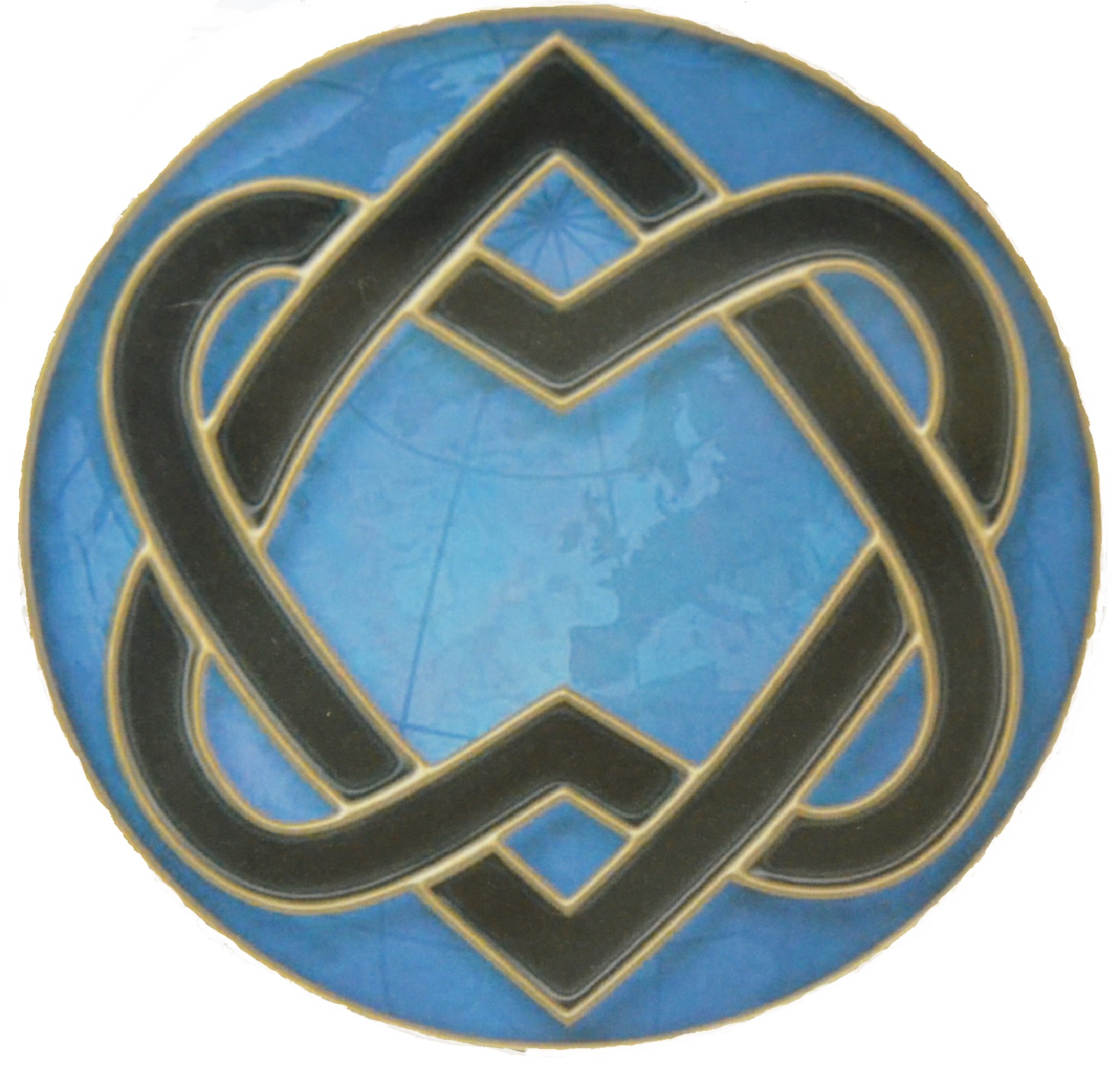Those in 12 Step Recovery are Our Teachers (Rosh Hashanah Sermon 2022)
Description
For too long, Jews have associated the Recovery movement with Christianity, and we have seen those in recovery, or with addictions, as outsiders to Torah. This is far from reality. The main example of vows-of-change --the essence of High Holidays-- in the Torah itself is the vow to abstain from alcohol and other intoxicants, involving emulating priestly service and separating for a period from one's family and social triggers. The very process of High Holiday teshuvah is recognizing our wrong behavior, feeling bad about it, and then releasing that guilt feeling through doing a cheshbon nefesh --an accounting-- of exactly how we have harmed others and ourselves, then making amends, then embracing a different path, and then serving God and others. This is the teaching of 12 step. (Jewishly, the teshuvah steps are enumerated sometimes as 4, sometimes as 6, and sometimes as more steps, but they essentially mirror the 12 steps of recovery.) Whether the 12 Step Movement has roots in Christian founders is irrelevant: it embodies the sacred teachings of High Holidays. This sermon is dedicated to the memory of Rabbi Abraham Joshua Heschel Twerski z"l, who died in 2021 from complications from COVID.
More Episodes
How do the ideals of progressivism become the idols of antisemitism? As a rabbi in one of the most progressive cities in America, I try to understand this phenomenon through scapegoat theory and through my own heartbreaking experiences. So what do we tell our college students? How do we heal...
Published 10/22/24
As a Conservative rabbi in one of the most progressive cities in America, it's been an incredibly painful year of feeling unable to ask for empathy from my own fellow Jews, as I see this year's events as Good vs Evil, and so many of my congregants want me to be condemning Israel while declaring...
Published 10/06/24
Published 10/06/24


